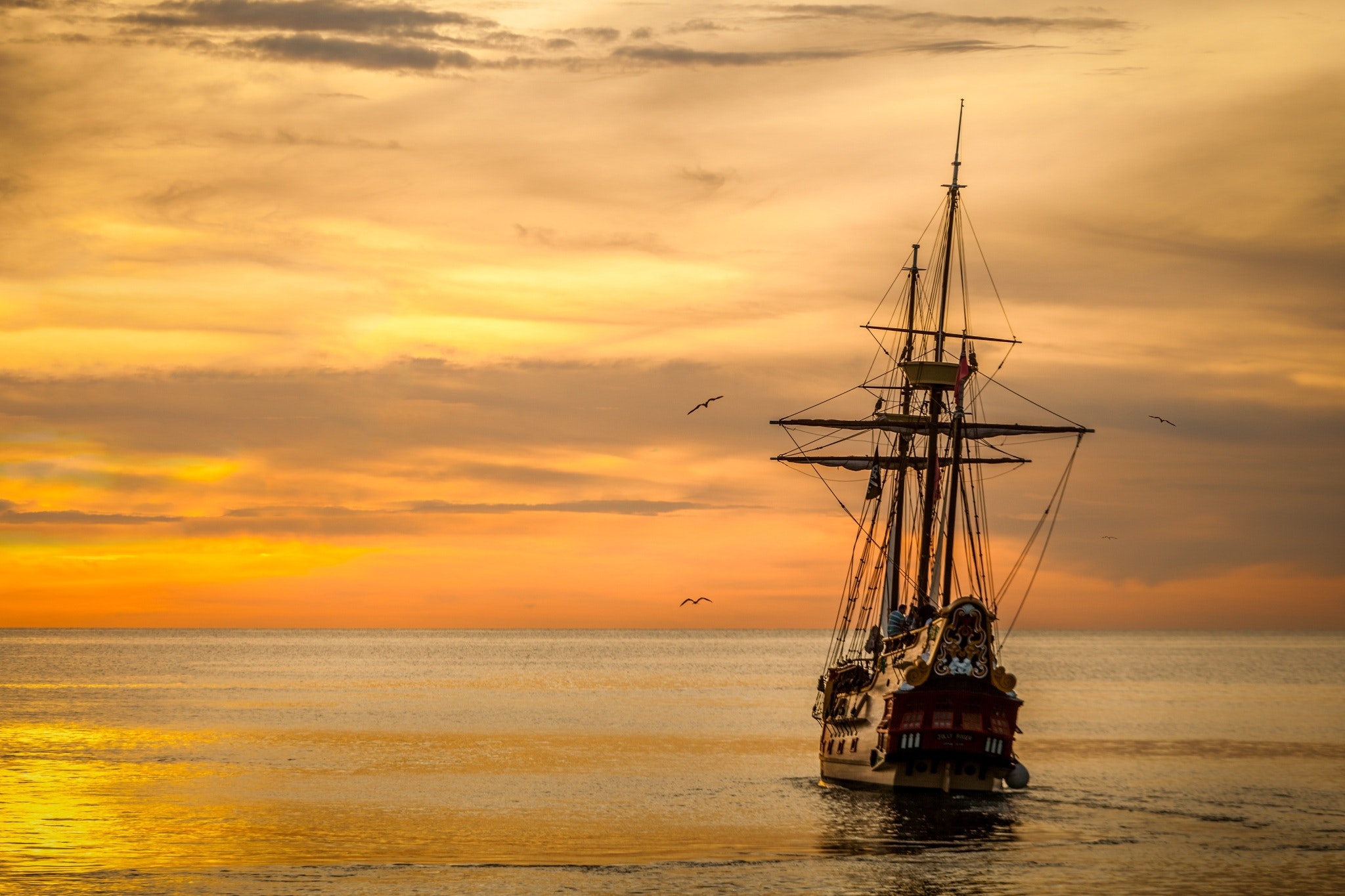Rapparee Cove
In 1997, remains of human bodies were found in Rapparee Cove in the North Devon town of Ilfracombe. The cove is the site of the shipwreck of The London which sank in 1796 in stormy weather. The ship’s cargo reportedly contained gold and several slaves who perished, although this is much contended. The question therefore is, in the globalised world, where did the remains come from and who owns them?
Eye witness accounts, although sensationalised, account for the Captain and ship in distress and some allude to the The Captain appearing more determined to die rather than reveal the cargo. When help boarded and enquired to who the Captain was, he allegedly answered “From hell, bound for damnation”. The Captain dismissed help and consequently the next day the bodies of the dead were swept ashore. It is estimated up to 70 people perished. Of the survivors, records show at least 30 ended up in Bristol while it is believed the remainder travelled to Plymouth and Portsmouth.
Alongside the dead bodies, it was reported gold as well was swept ashore which local citizens gladly received. In 1978 gold coins were found at the site of the cove, which sparked a dig and confirmed legends of The London. In 1997 bones were found, suspected to be a mass grave, and there was much speculation as to whom they belonged to which continues to this day.
In 1794 St Lucian the recently freed slaves, fearing re-enslavement, fought the French and English colonial forces. Called the Brigands, they fought fiercely and in 1976, St Lucia was in a state of chaos. The British, with a 12,000 strong force, tried to defeat the rebels and by the end of 1797, the British forces had won and in 1978 the free slaves surrendered. As feared, the free slaves were enslaved again and throughout the campaign Brigands were deported to England as well as the treasures looted from estates.
This questions whether the remains belong to French POWs? St Lucian POWs? Or were they St Lucian slaves belonging to the colonial powers? Also, the intention of Captain Robertson is unclear. Did he intend to sell them when he arrived at Bristol? Even though selling slaves was now regarded as immoral, it was not made illegal until 1833. In Bristol and Liverpool, the slave trade brought in a lot of commerce which has since resulted in memorials to commemorate the victims.
In 1997 the National African Remembrance Day was celebrated at Rapparee Cove. There was prayer and three minutes’ silence. The day served as a reminder for the slave trade and the lives lost. This questions how the victims were remembered and the impact of a globalised past, but also where the remains belong. Today there is a plaque to commemorate the remains by Rapparee Cove.
Upon analysis of the bones, archaeologists such as Pat Barrow, doubted these bone fragments belonged to residents of the Caribbean, rather local Cornish residents. This caused a lot of conflict, and questioned how the remains should be dealt with. There remains arguments whether the bones should remain in North Devon and given a proper funeral, or repatriated to St Lucia or even Africa. The St Lucian government threatened legal action to repatriate the bones, but the origins could not be confirmed. There were even some African groups wanting the remains returned to the continent due to claims of ancestry. The Friends of Rapparee group want to bury the bones locally as they have formed an important part of Devon’s history, and indeed black history. There are also questions if instead the fragments should be retained in a university research department or in Ilfracombe Museum.
The discovery of bones therefore reveals how even the smallest places are connected in this world, and haunted by a globalised past. The remains connected three continents of Europe, Africa and North America. It also highlighted how powers like that of Britain profiteered from the slave trade and exploitation, and whether should this be forgotten, remembered or punished. The discovery at Rapparee Cove shows how the globalised past can come to light, but as yet, the bones have remained where they are.
What are your thoughts on the discovery of remains found in Rapparee Cove in Devon? Should more importance be given to establishing the identity of remains and if found, should they be returned to where they were born and raised, or remain at where they perished?



